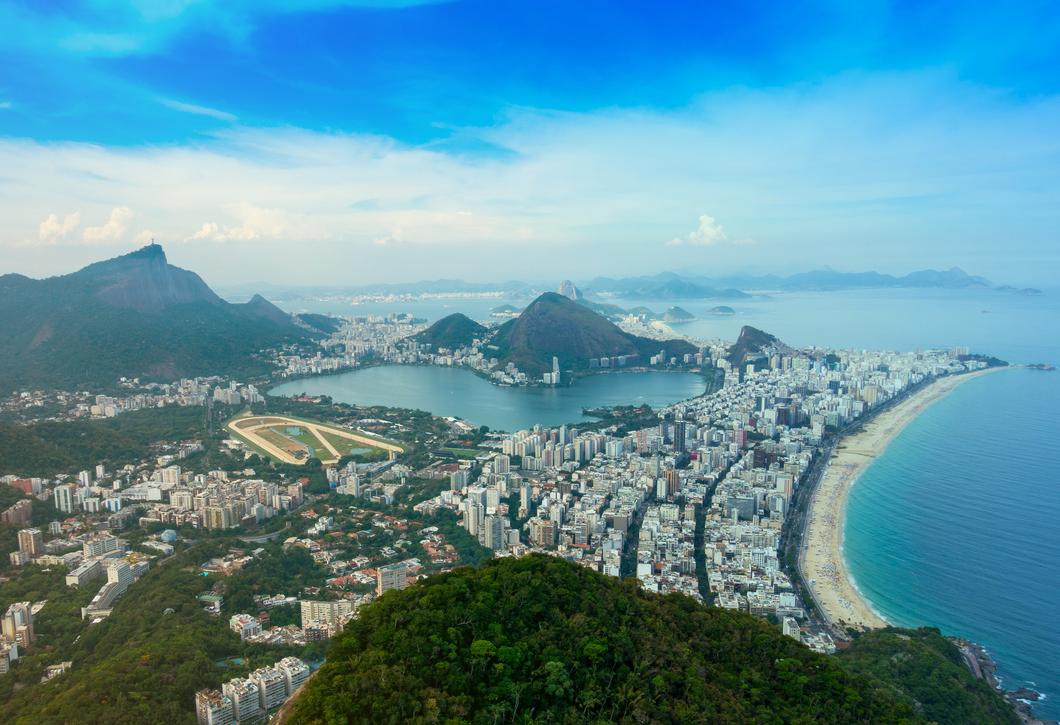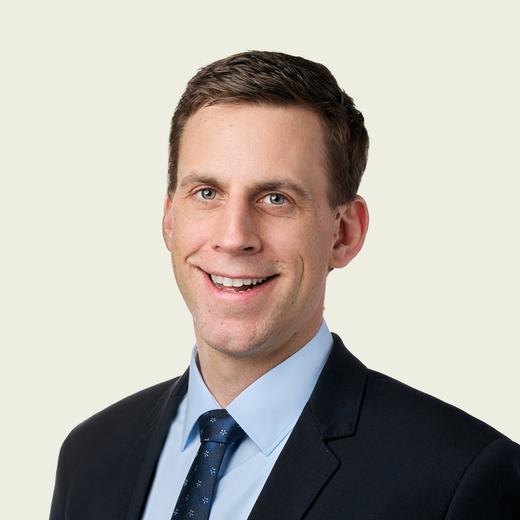Protective Wealth Planning for Brazilians

Brazil, as a jurisdiction that is home to individuals with significant wealth, is undergoing turbulent times. Additionally, the changing domestic privacy and tax environment in Latin America challenges wealthy Brazilians, who become more vulnerable when protecting the family’s wealth in a declining economic scenario.
Brazil, as a jurisdiction that is home to individuals with significant wealth, is undergoing turbulent times. Additionally, the changing domestic privacy and tax environment in Latin America challenges wealthy Brazilians, who become more vulnerable when protecting the family’s wealth in a declining economic scenario.
In times of political and economic instability, Brazilian high net worth individuals are no different from individuals in other parts of the world. They share the same will to protect, preserve and, if possible, enhance their wealth.
Thus, wealthy Brazilian individuals often use foreign jurisdictions to protect parts of their assets. Private clients from Brazil can set up either domestic or international vehicles such as companies or investment funds to structure their wealth. Hence, they have been using this option for a long time.
Today, navigating through different legal structures and fund jurisdictions has become a challenging task and has made protective wealth planning an important part of wealth management.
Set a clear objective
Following the alignment of national policies with the international initiatives of tax transparency led by the G20 and the Organisation for Economic Co-operation and Development (OECD), Brazilian individuals must plan well ahead to remain compliant with tax rules.
Furthermore, great wealth comes with increased responsibility, but this responsibility cannot be objectively defined. It includes questions such as: How can a stable legal framework and a smart way be found to enable close persons, e.g. family members, to benefit from one’s own wealth and to what extent should charities be considered?
The attitude of individuals towards the creation, accumulation and disposal of wealth depends on their cultural, social and family influences, their religious affiliation (if any), and the social welfare available where they live and generate their wealth. Each person develops their own philosophy based on these influences, together with their own views and the guidance available to them.
A clear overall goal should be determined and as long as the wealth generator is alive, his or her skills in determining the objective of the wealth planning should, if possible, be considered.
The possible role of Switzerland
Switzerland has long been an attractive destination for wealthy individuals and families in times of instability. Many reasons can be advanced for this: its neutrality and political stability, its status as a safe haven, its central location within Europe, its reputation for high service standards, its role as a key player in the custody and management of private wealth and its system of taxation.
Obviously, Switzerland may not fit into every wealth planning scenario of a Brazilian individual since the tax agreement between Brazil and Switzerland has been signed but is not yet in force. And, of course, Switzerland does raise taxes, but a wealthy individual should be aware that this comes along with benefits such as a financial center that can manage complex portfolios with diversification while serving the financial needs of family members as well as a double taxation relief and a high level of service that meets privacy needs.
It is possible that Brazil may face some relevant reforms in its tax law regime to comply with the OECD rules and to solve domestic political questions (see also
). Brazilians and their investment managers are well advised to foresee such future scenarios and implement protective wealth planning to overcome upcoming challenges.

